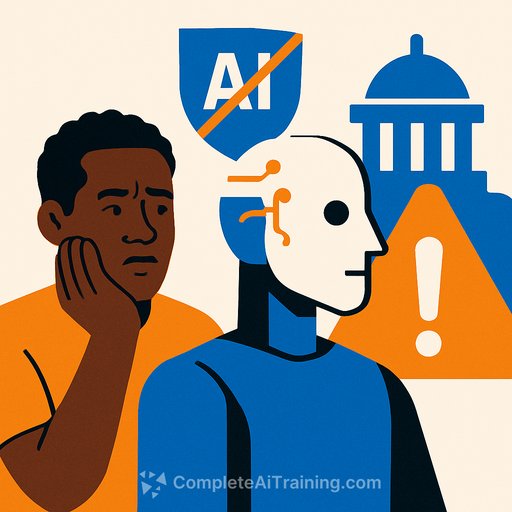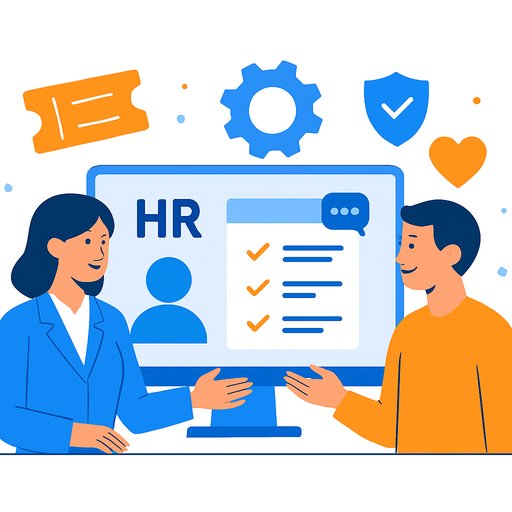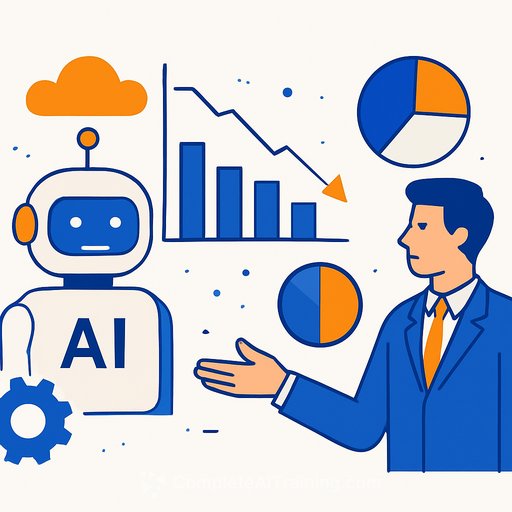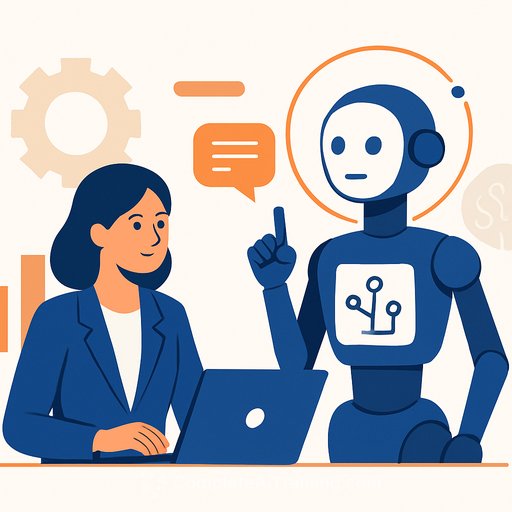AI Deregulation and Its Risks for Black Workers
Recent moves to deregulate artificial intelligence (AI) in the U.S. raise serious concerns for Black workers. The July 2025 AI Action Plan emphasizes cutting bureaucracy to speed AI adoption in government and business. However, this push for fewer rules risks deepening existing biases, especially in hiring practices.
Portia Allen-Kyle, interim executive director of Color of Change, highlights that without safeguards, AI can perpetuate and worsen discrimination against Black employees. Deregulation efforts that limit state-level oversight may prioritize profit over people’s well-being.
AI’s Hidden Dangers to Black Workers
Beyond environmental concerns linked to increased AI use, AI hiring tools pose a direct threat to fair employment. Research connects climate impacts to racial justice, showing how marginalized communities often bear the brunt. Similarly, AI’s current design can embed programmer biases, leading to discriminatory hiring outcomes.
Allen-Kyle points to the Workday lawsuit as a warning sign. The case alleges age discrimination against workers 40 and older through AI-enabled hiring technology. Since Workday’s platform supports many employers, this lawsuit underscores how AI can unfairly screen candidates. While this case focuses on age, it also highlights broader risks that embedded biases affect race and other factors.
Practical Steps HR Can Take
HR professionals must be cautious about relying on AI for hiring and talent decisions. Allen-Kyle notes there is little evidence AI benefits Black workers, and companies often use AI as a cost-saving substitute for human labor. Lower-wage Black workers frequently face the harshest impacts.
To minimize harm, HR teams should:
- Develop clear AI ethics policies with a focus on racial equity.
- Use AI to augment—not replace—human decision-making.
- Advocate for transparency and accountability in AI tools.
Without oversight or standards, AI risks becoming an unchecked force that normalizes discrimination. Protecting workers requires more than goodwill; it demands firm policies and active management.
For HR practitioners interested in responsible AI adoption, exploring courses on AI ethics and bias mitigation can be valuable. Resources like Complete AI Training’s latest courses offer practical guidance on integrating AI thoughtfully in the workplace.
AI Should Support, Not Supplant Human Judgment
AI has limitations that HR must acknowledge. Allen-Kyle stresses that some decisions should never be left entirely to algorithms. AI can help by providing insights but must not make final calls that impact people’s livelihoods without human oversight.
Building AI systems with a racial justice lens ensures they serve all workers fairly. HR leaders have a critical role in demanding ethical AI use and preventing technology from worsening workplace inequalities.
Your membership also unlocks:






